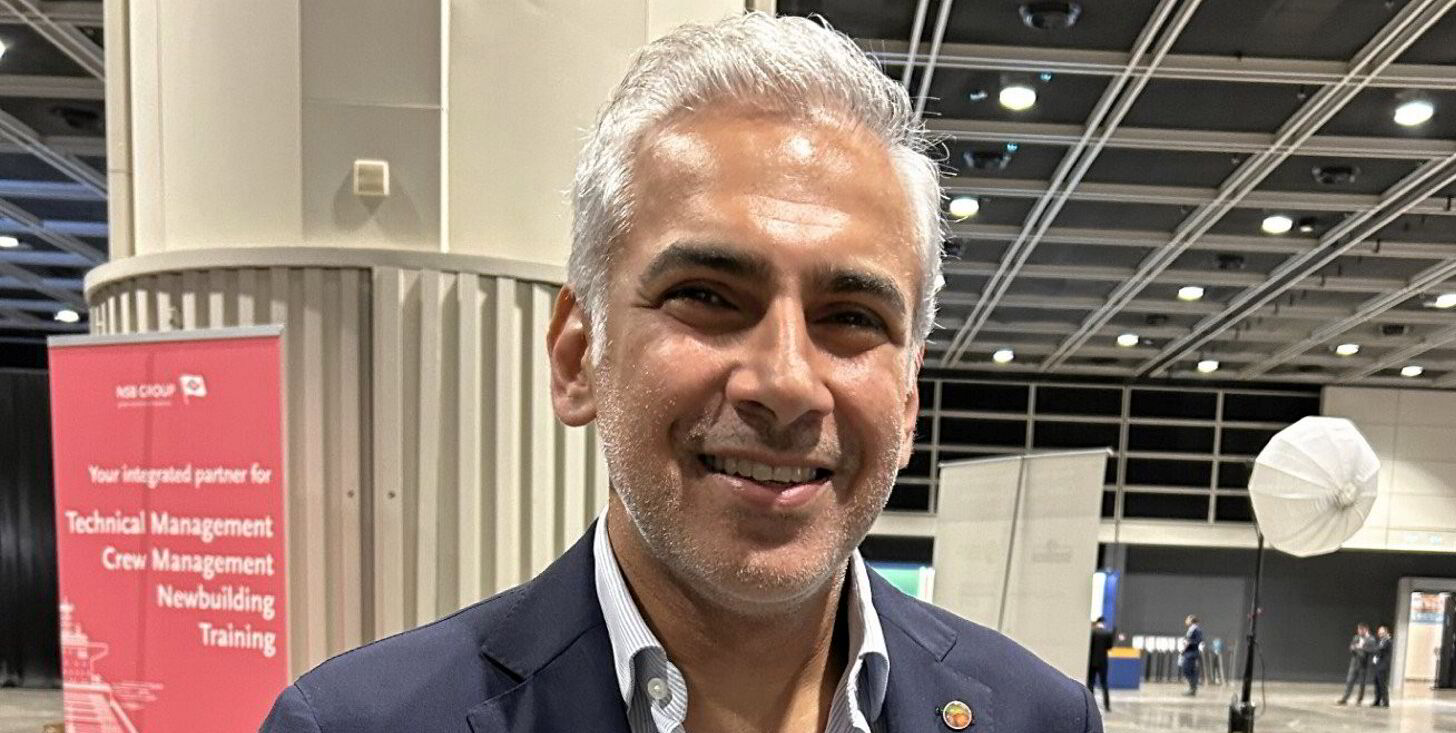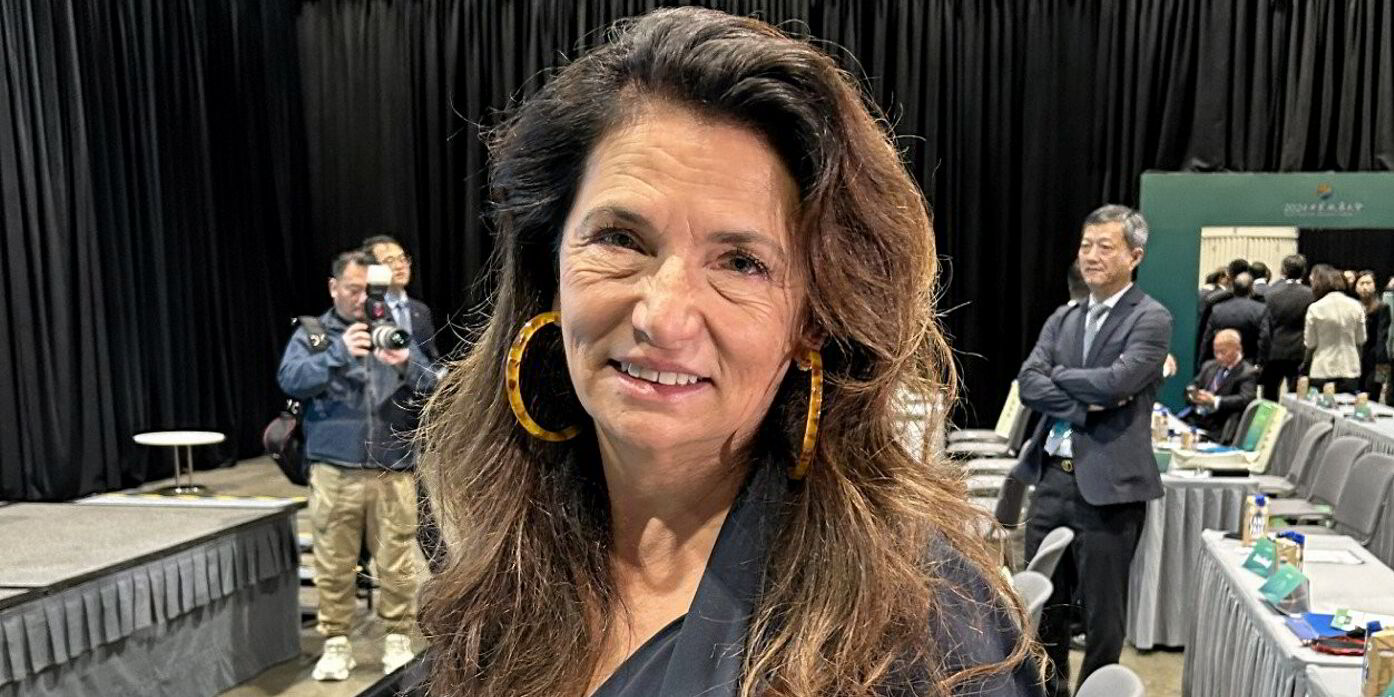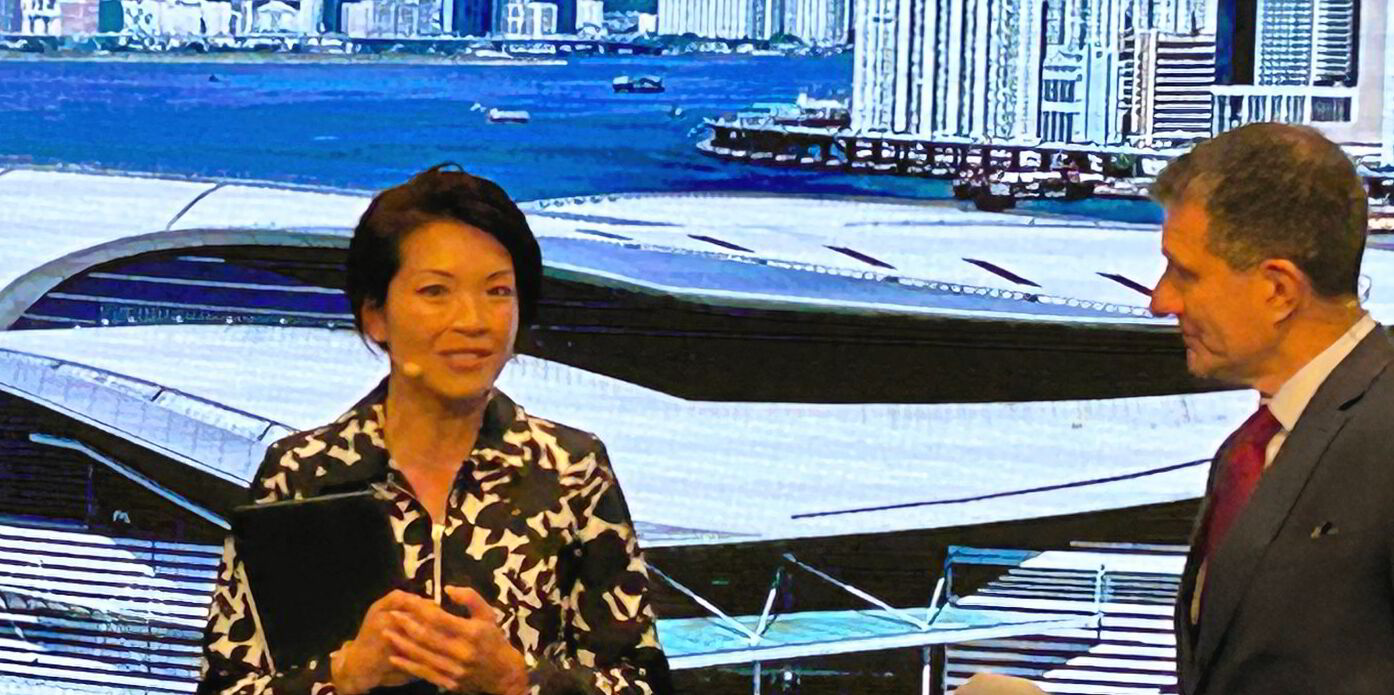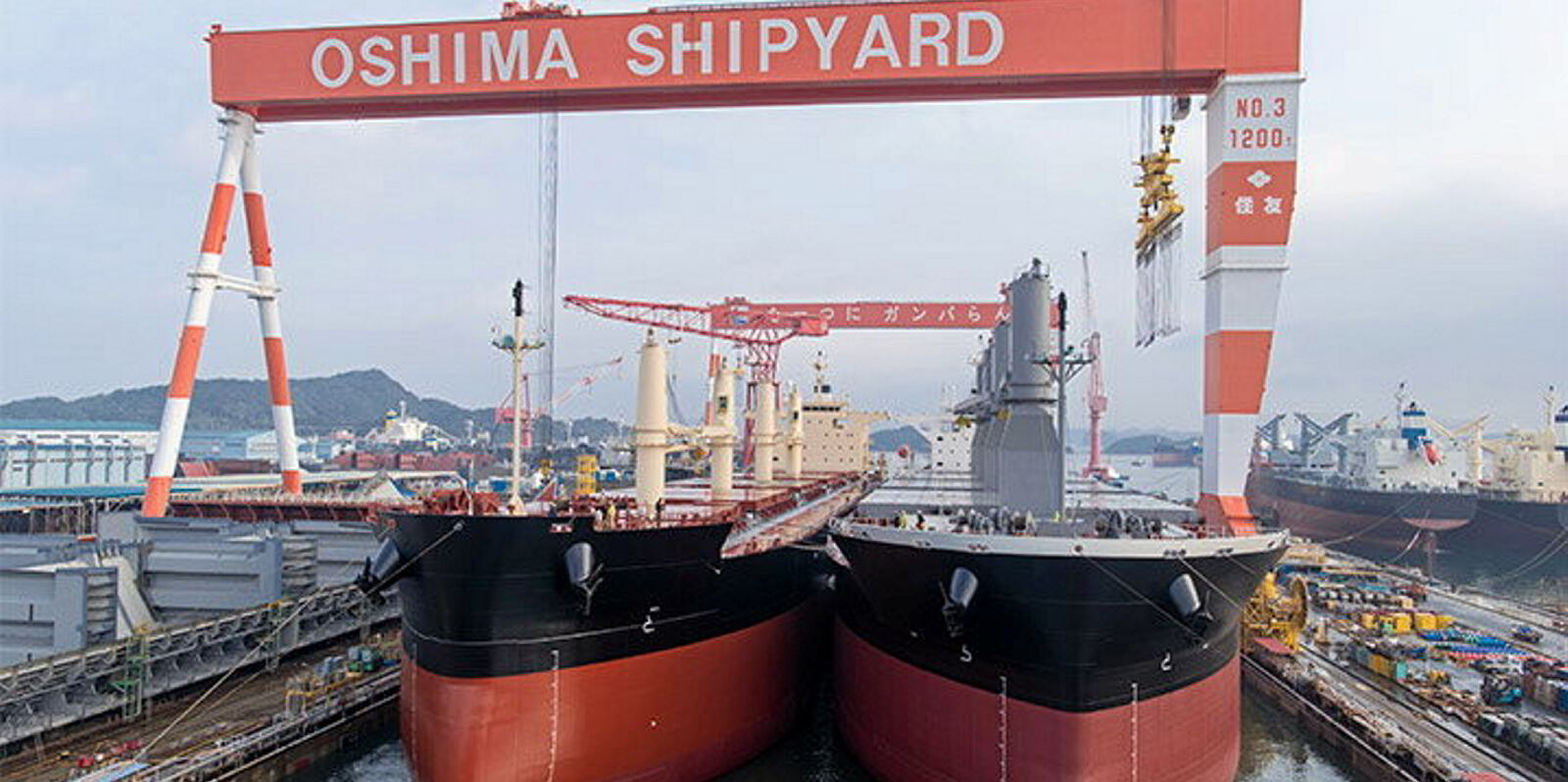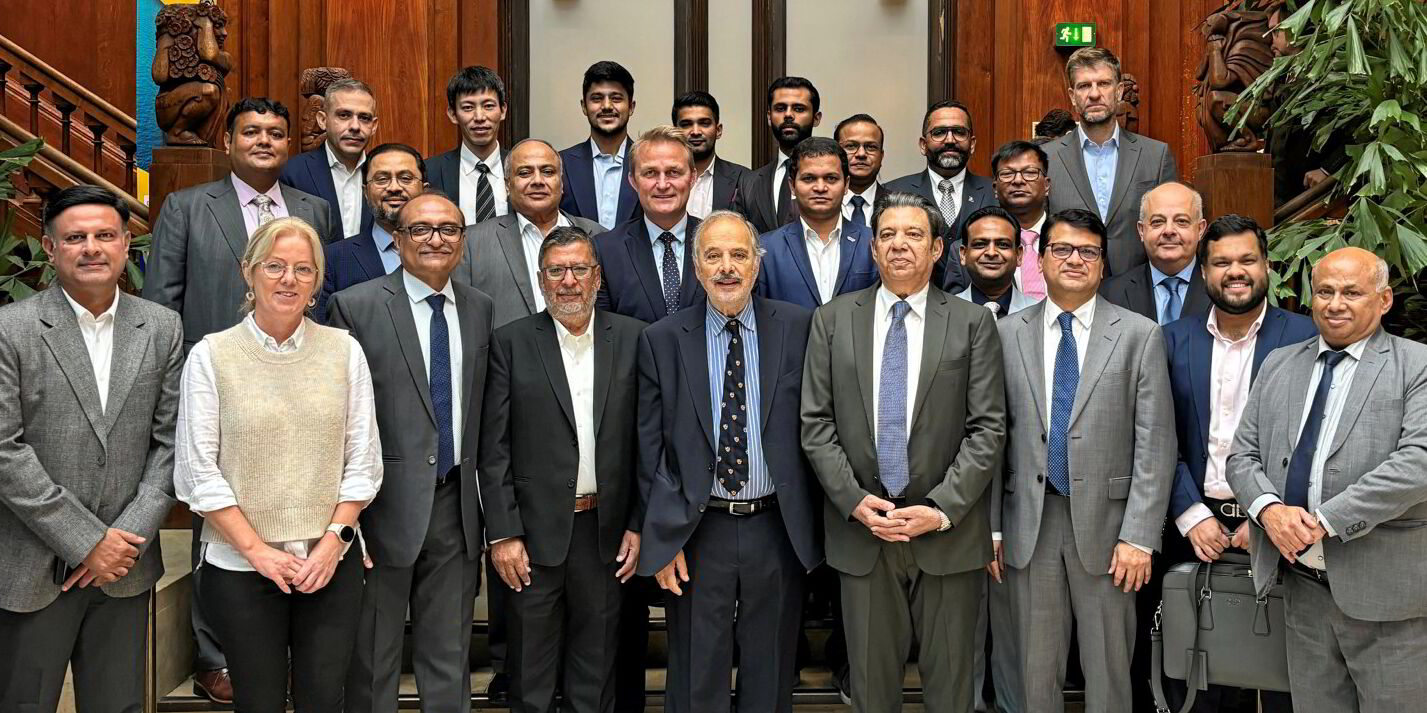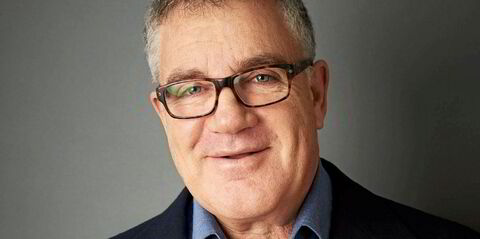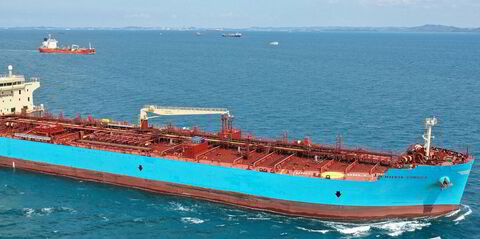Three leading Hong Kong dry cargo owners are urging regulatory clarity on future fuel choices so they can press ahead with new investments.
KC Maritime executive chairman Gautam Challeram said: “I see us in a Twilight Zone, which means we’re at an intermediate, undefined point, whereby the industry doesn’t have clear direction on fuel for tomorrow.
“And we are testing the waters and alternatives at a time when newbuilding prices are at an all-time high,” he told a Capital Link Hong Kong forum on Tuesday.
“Therefore, from our view, we will continue to invest in R&D, recycle our existing tonnage to stay fuel efficient, but probably avoid newbuildings.”
Wah Kwong Maritime Transport Holdings chairman Hing Chao indicated that his company would not take bets on future fuel choices.
“As a shipowner, we are not in the business to speculate on fuel, but we have to be ready,” Chao said.
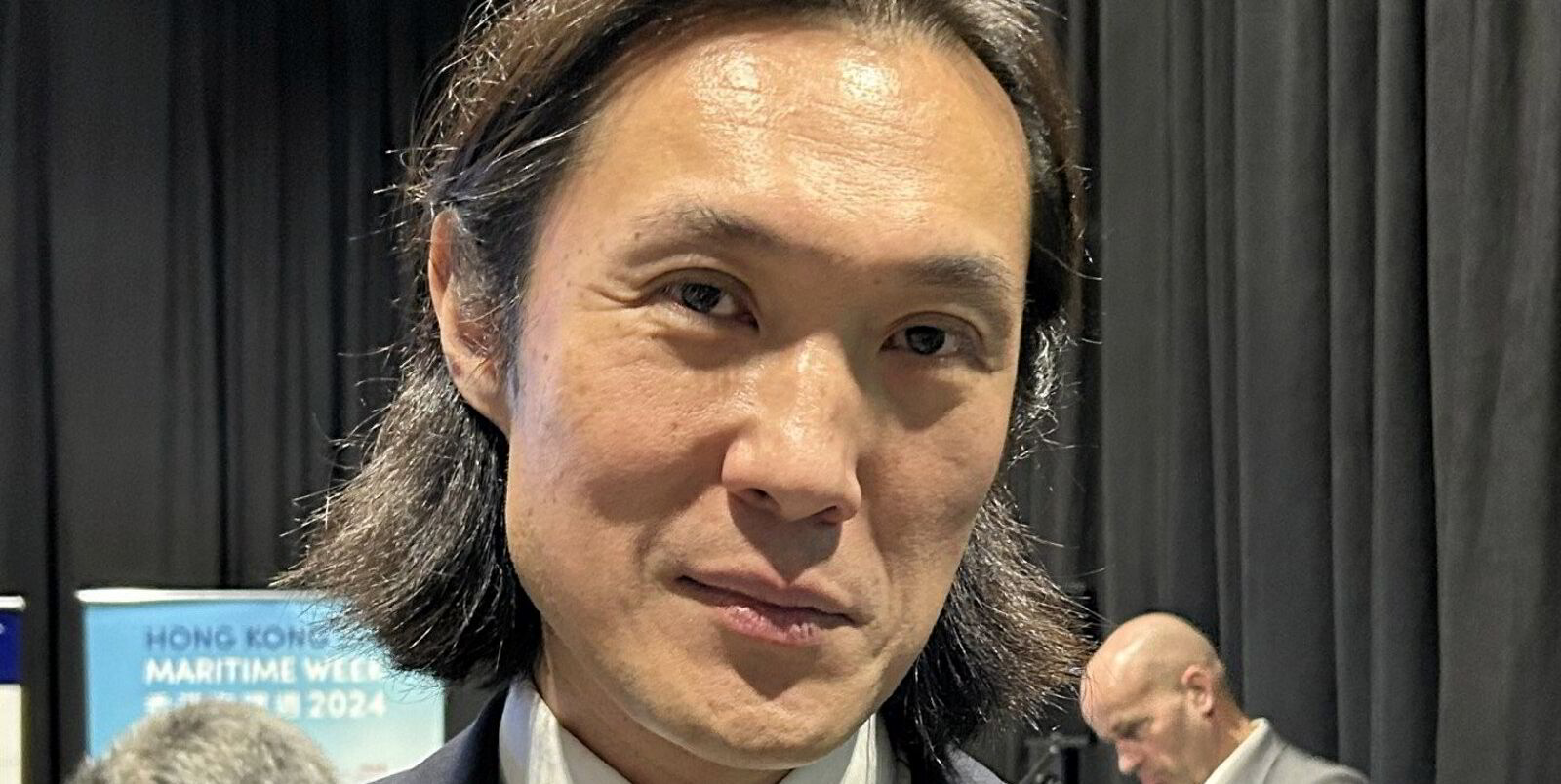
“Because there’s still a lot of uncertainty hanging around what will be the most readily viable. Be that LNG, be that methanol, be that ammonia or other solutions.”
Regulations, particularly what the International Maritime Organization decides over the next 12 months, could have a major impact on the viability of the dual-fuel solutions, Chao said.
Finally...
Pacific Basin Shipping chief executive Martin Fruergaard said the “only real solution for small ships” is methanol.
The boss of the handysize and supramax bulk carrier operator is also quite positive about the FuelEU Maritime initiative, which he said gave clarity.
He hoped the IMO would come up with something similar, even if imperfect.
“We can discuss, as always, complaints afterwards when they come with something,” Fruergaard said.
“But finally [with FuelEU], we know the rules. And we can do investments around those rules, whether we like them or not.

“This is, finally, also an opportunity in our segment, which is very commoditised, to actually take some decisions that might actually strategically be very good for us in the future,” he added.
“Finally, we have something that might create a differentiated value proposition for those who might take an early decision in it.”
Low-hanging fruit
Others such as KC Maritime, which operates a fleet of 14 bulkers from ultramax, supramax and kamsarmax, are exploring other fuel options.
Chellaram said: “We are now evaluating biofuels, we believe that this actually will be another low-hanging fruit as to how the industry will change, instead of just supplying with low-sulphur fuel.”
He said some regulations, such as the Carbon Intensity Indicator in its current form, are not fit for purpose, are poorly laid out and only add more stress on shipowners.
“Regional regulations such as EU ETS [European Union Emissions Trading System] and Fuel EU are positive, but they’re highly administrative in nature and complex, and we should bring more standardisation to the industry,” Chellaram said.
“But I do think that we’re doing the right things by looking at all the alternative fuels. And over time, I think we’ll get an answer as to what will be the fuel of tomorrow.”
Strategic choice
These views on biofuels align with those of non-Hong Kong bulker owners.
Star Bulk Carriers chief strategy officer Charis Plakantonaki said: “Practically the only way for us to comply with FuelEU Maritime is to blend biofuels in the fuel that we burn, and this is our strategy at the moment.
“We are looking into securing contracts with biofuel producers so that we make sure that we have the adequate quantity and the competitive price for biofuels as of 1st January 2025,” she said.
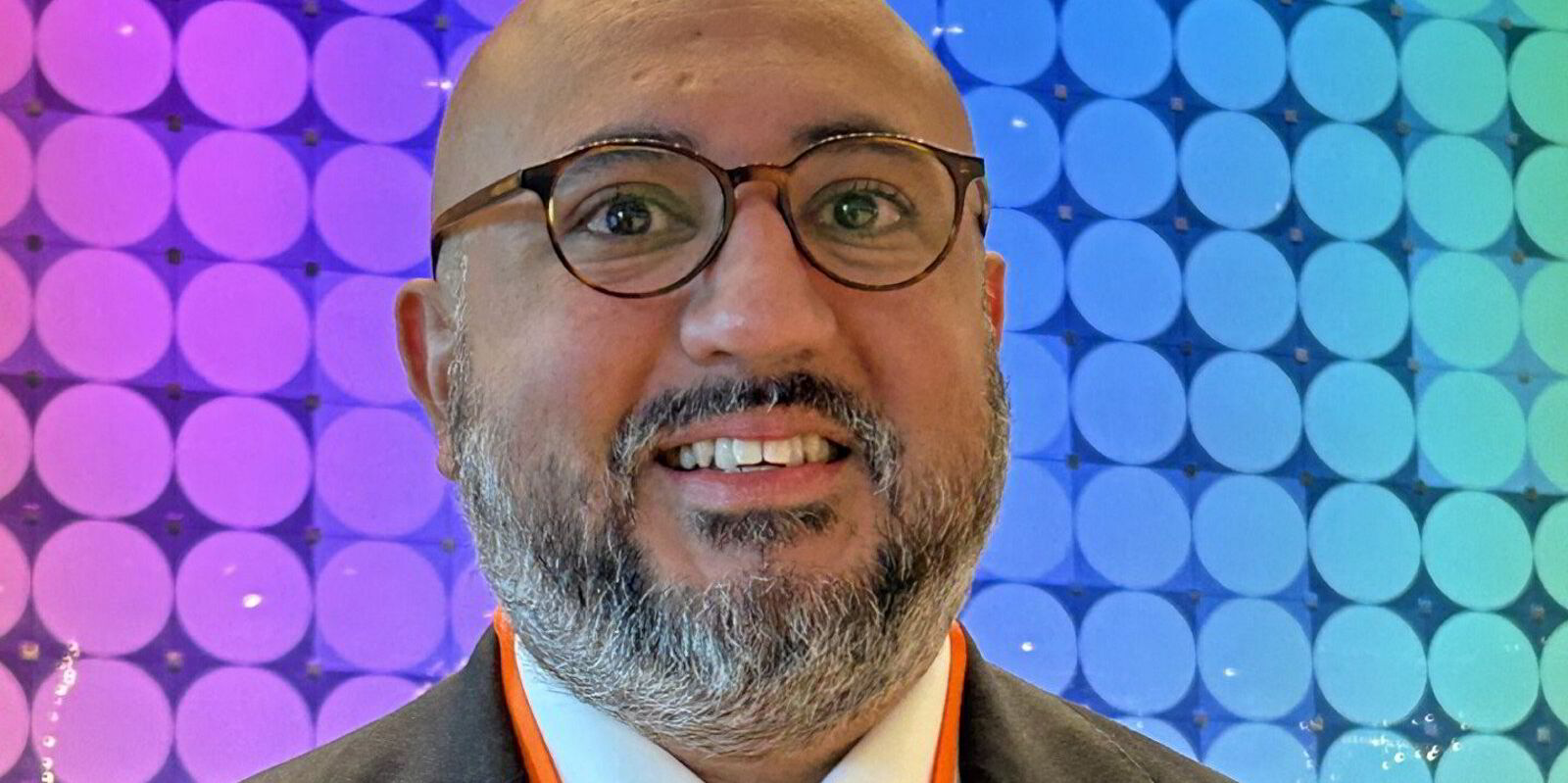
Given that ships built today would last for 25 years, then there was no alternative but to decarbonise, Fruergaard said.
“I don’t think anybody can dream that we will not have to decarbonise that ship within the lifetime of the ship. So we might as well just do it from the beginning,” he said.
“And I do actually also hope that governments and IMO and others will help us a little bit on that journey.”
